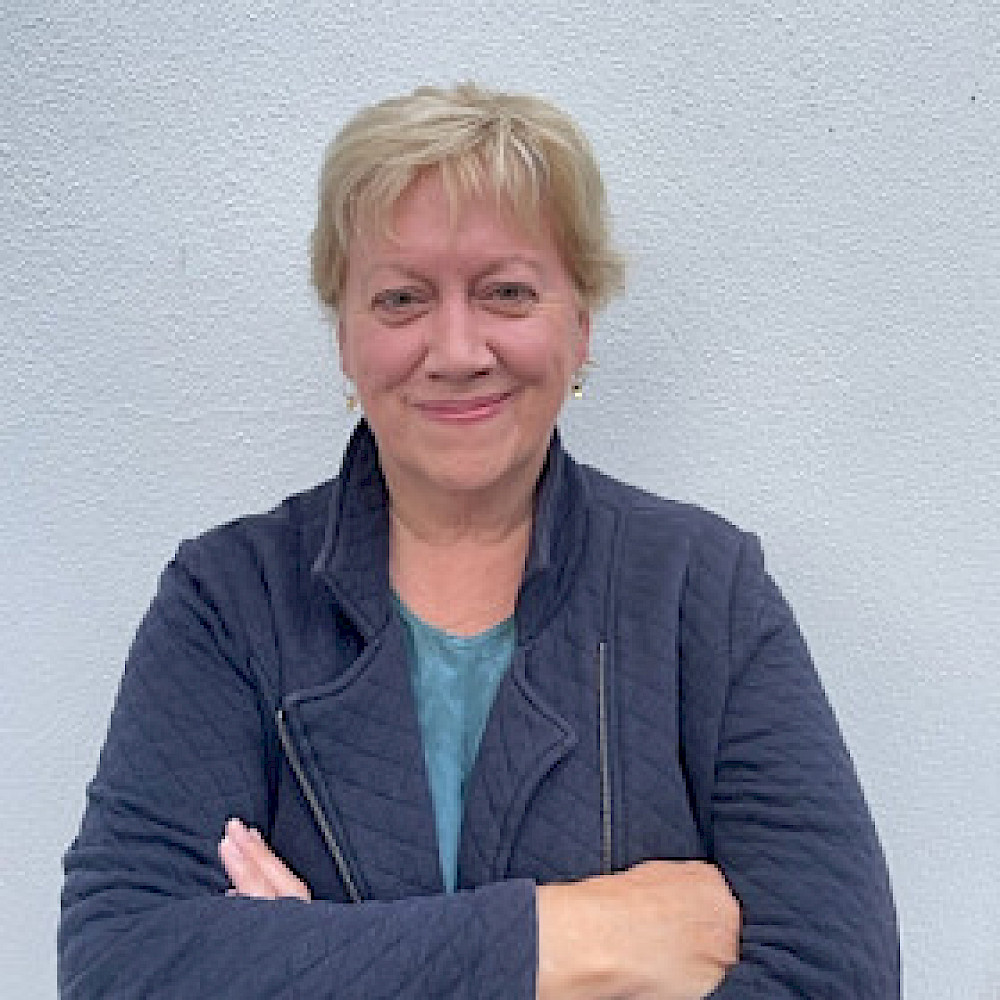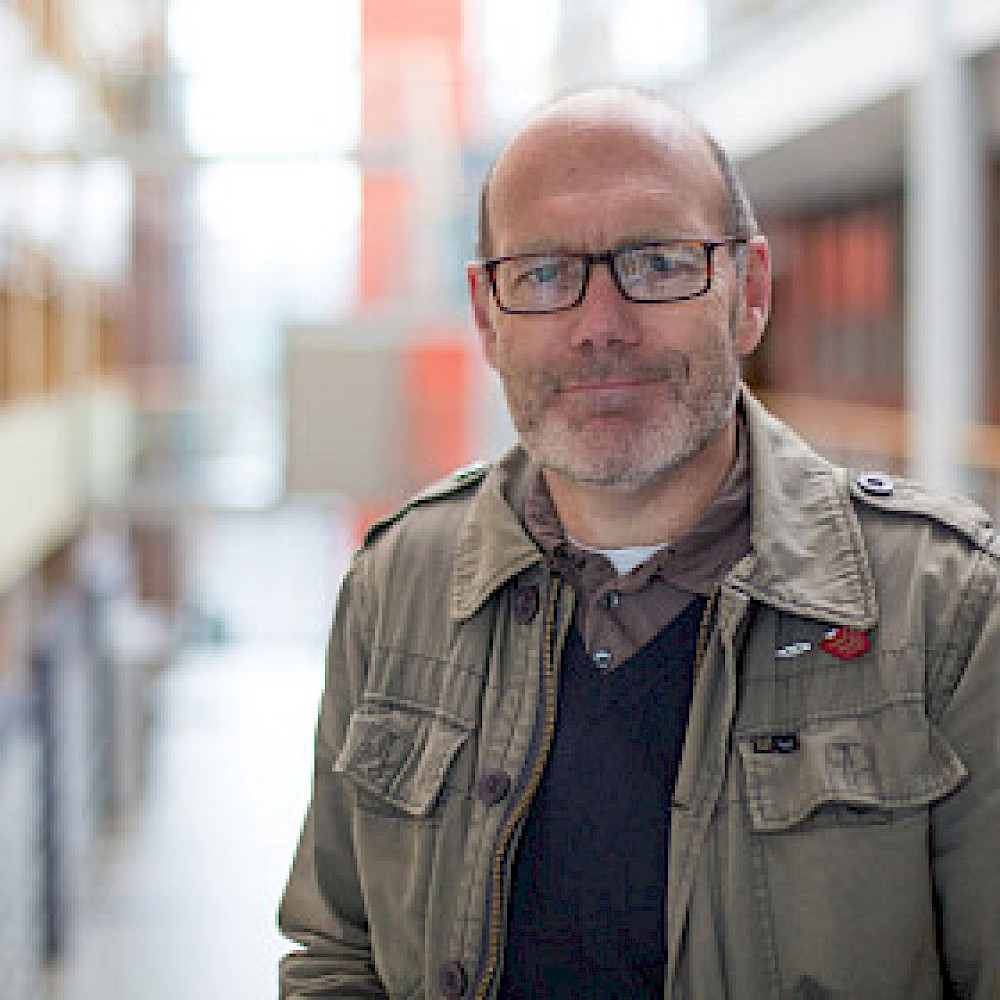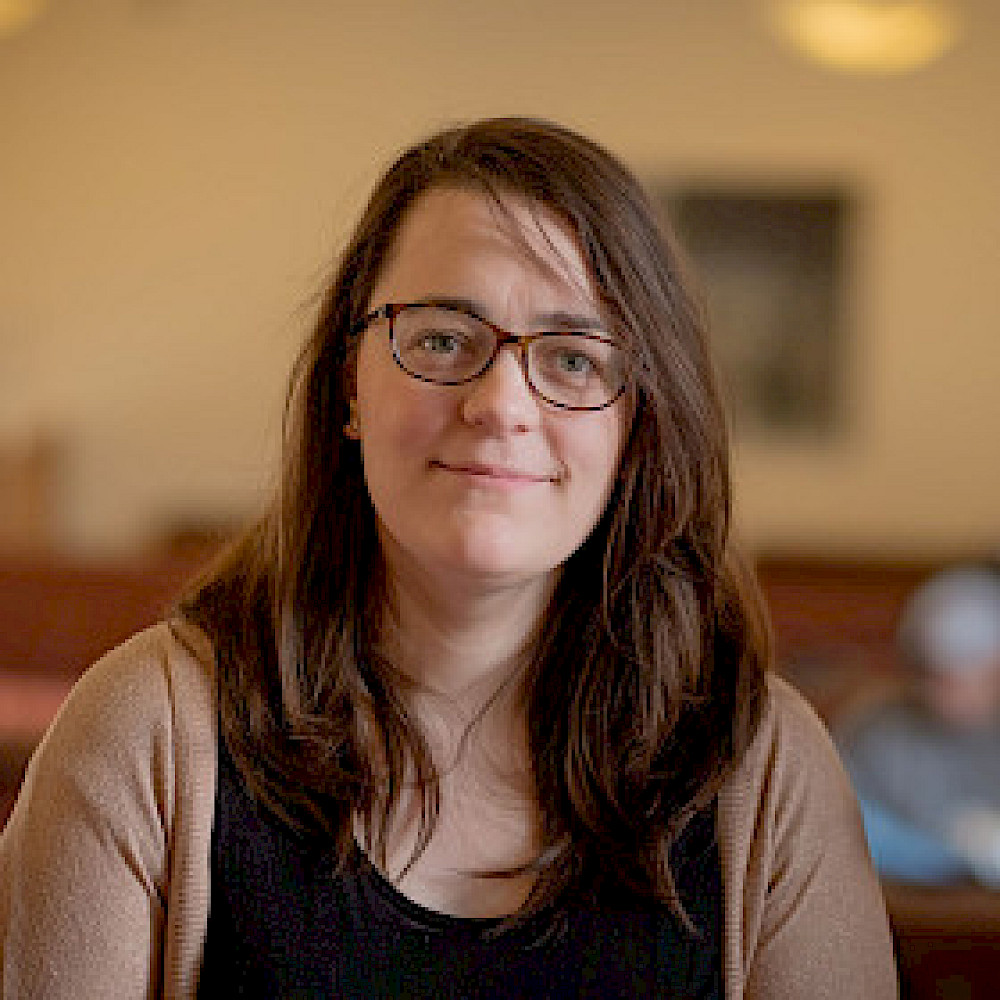More people in Ireland consume their news online than through any other medium, including television. This is the first time that news online has become more popular than television news in Ireland according to the annual Digital News Report Ireland.
The report, compiled by DCU FuJo and published by Coimisiún na Meán, also reveals that the number of Irish news consumers who paid to access news content increased in 2024. This was especially true for 18 – 24-year-olds where an increase of seven percentage points, up to 26% from 19%, in people paying for digital news content was recorded.
The study also found that there is evidence of real concern about what is real/fake online, with the number of people expressing concern up seven percentage points since 2023 (71%).
Research for the Digital News Report is undertaken by the Reuters Institute for the Study of Journalism at the University of Oxford and is the largest ongoing comparative study of news consumption in the world. The Irish data forms part of the larger survey, which this year is conducted in 47 markets. Ireland’s participation has been facilitated this year by Coimisiún na Meán, Ireland’s commission for regulating broadcasters, on-demand services and online media, and supporting media development. Analysis of the Irish data is provided by researchers from the DCU Institute for Future Media, Democracy and Society (FuJo).
Key findings from this year’s report include:
Interest in News: Irish consumers retain their interest in news. Some 88% of respondents were either ‘extremely’, ‘very’ or ‘somewhat’ interested in news. This is higher than in the UK (82%), the US (84%), or when measured against the European average (85%). However, if only the two categories of ‘extremely’ or ‘very’ interested in news, are selected, then there is a significant difference between those who are aged 18-24, who register at 30% and those who are 65+, who register at 73%. There are also major differences between the genders with men registering 61% (extremely’ or ‘very’ interested in news), and women 46% (extremely’ or ‘very’ interested in news).
Trust in News: Trust in news is down slightly overall, but selected outlets have seen a rise in their percentage points. At the top of this ranking, RTÉ (+1pp) and The Irish Times (+2pp) remain the most trusted outlets.
Source of News: For the first time ‘online, excluding social media’ (33%) has overtaken TV viewing (31%) as ‘the main source of news’.
Paying for News: There has been an increase of two percentage points (from 15% to 17%) among Irish news consumers who have paid to access news content in 2024. News subscriber numbers are behind the US, but ahead of the UK and European average. There has been a significant increase of seven percentage points in the number of people aged 18-24 paying for digital news content.
Artificial Intelligence: 44% of respondents say they have read or heard a ‘large’ or ‘moderate’ amount about AI. A further 41% say they know ‘a small amount’ and 10% say they know ‘nothing at all’. 56% of media consumers are uncomfortable with news being produced ‘mostly by AI’ with only ‘some human oversight’.
False or misleading information: Respondents said they had seen the most false or misleading information in the previous week about the Israel-Palestine conflict (38%). This increased to 43% among the under 35s. Coverage of immigration was close behind, with 37% (38% for over 35s).
Professor Colleen Murrell of the FuJo Institute also commented on the report adding: “Misinformation and disinformation are growing and in this report, we ask a series of questions to establish how difficult people find it to verify the online news that they read. In order to unpack the data on current media issues, we often dig deeper to understand the differences caused by age, gender and education. While it is usual to find that younger people are more at ease with online challenges, older people often surprise with their ability to adapt to new sources of information.”
Publications
Type: Reports
Published in:
Authors:
Year: 2024
URL: Resource
Related Projects

The Reuters Institute Digital News Report is the world’s largest international comparative survey of the major trends in digital news consumption. It is widely used by industry, analysts, and researchers across the world. Since 2015, Coimisiún na Meán (formerly Broadcasting Authority of Ireland) has funded FuJo to undertake the analysis for the Irish report. Annual reports are available for: 2023, 2022, 2021, 2020, 2019, 20128, 2017, 2016, and 2015....





